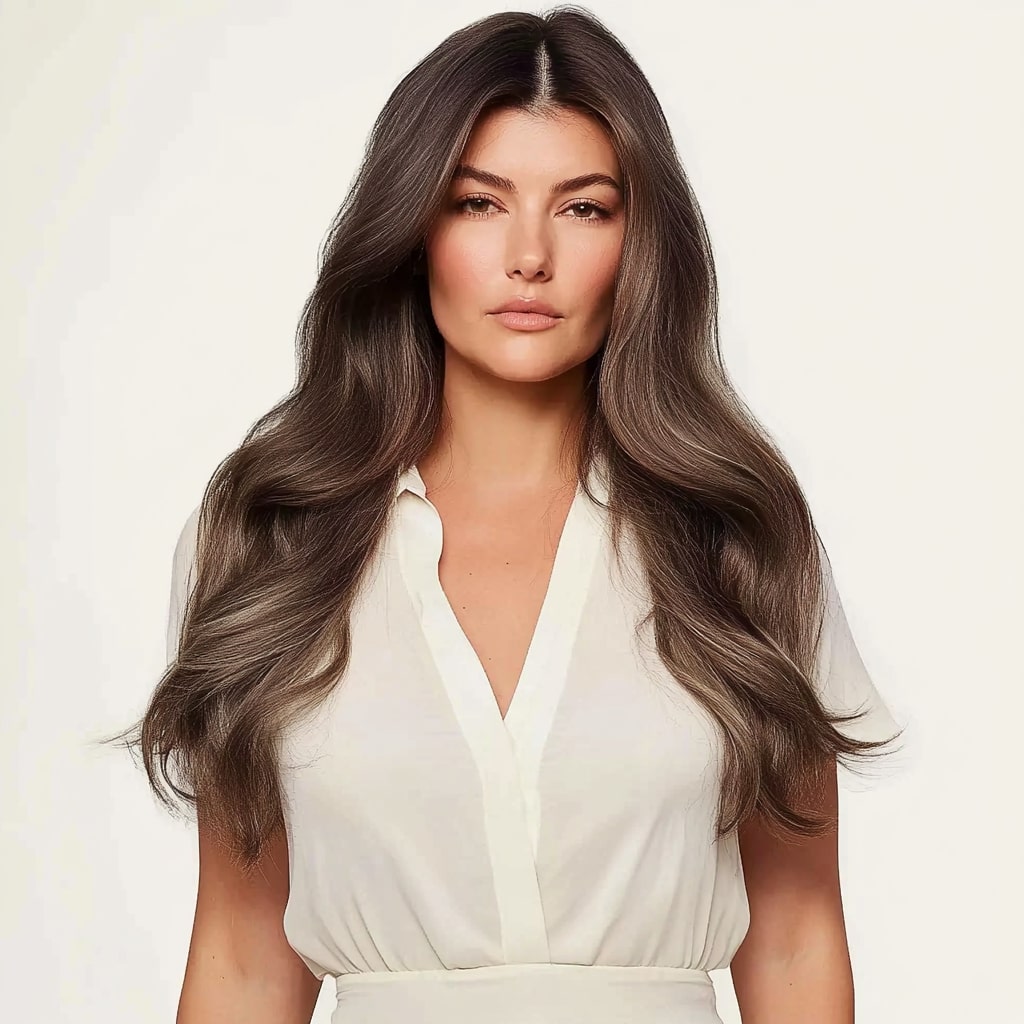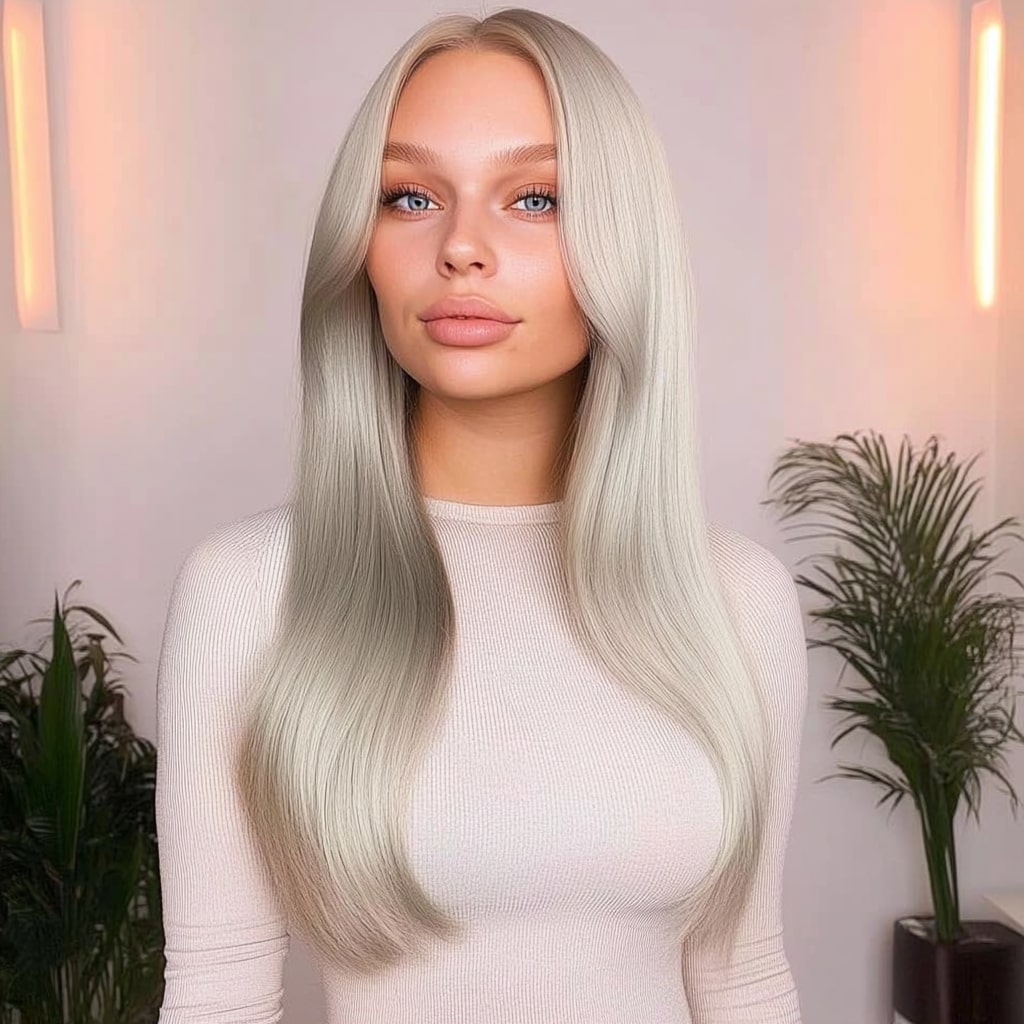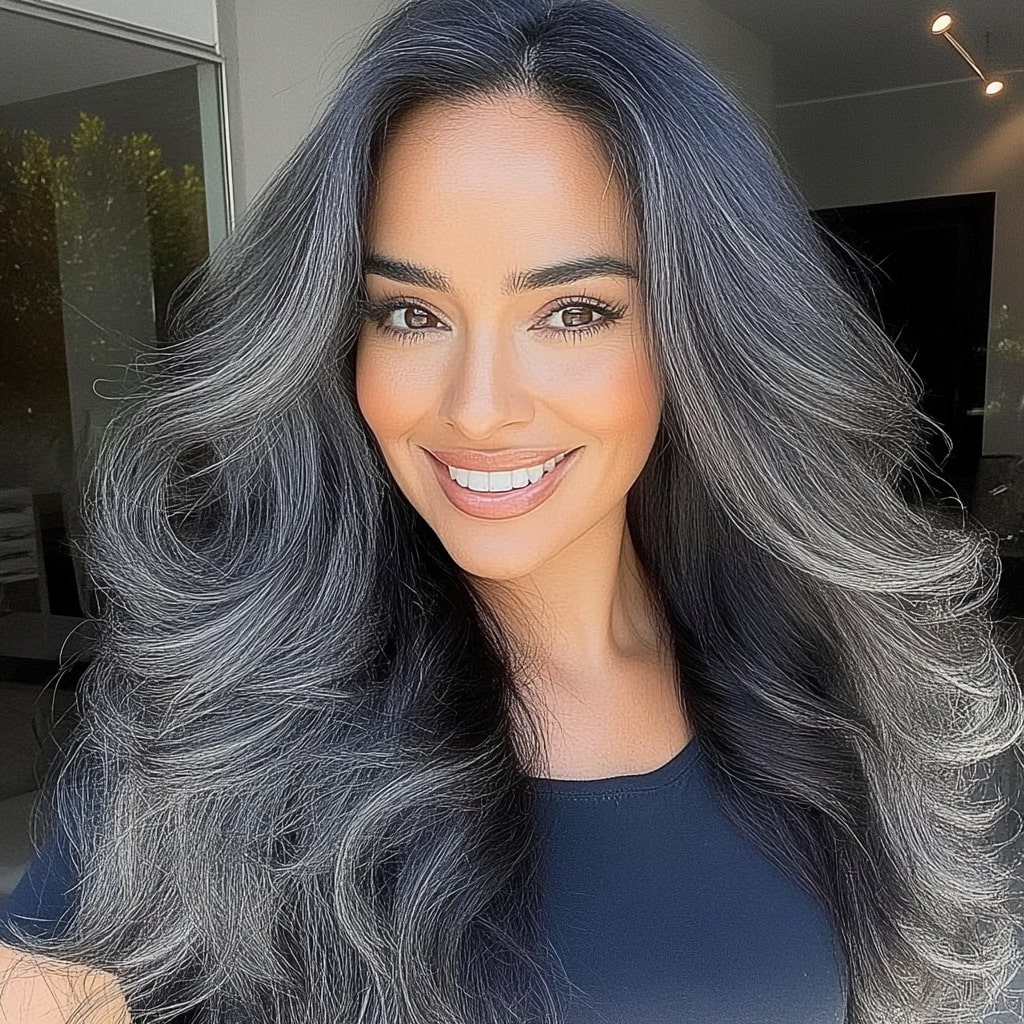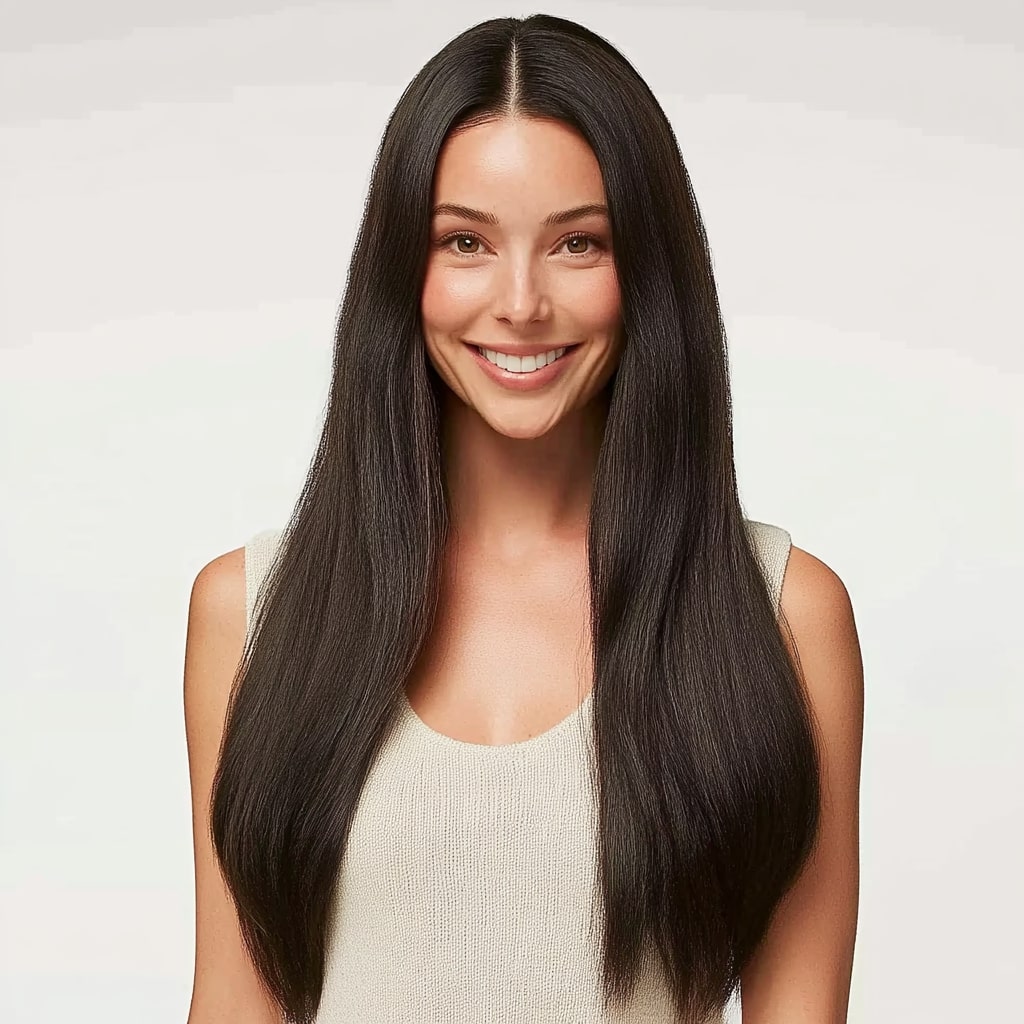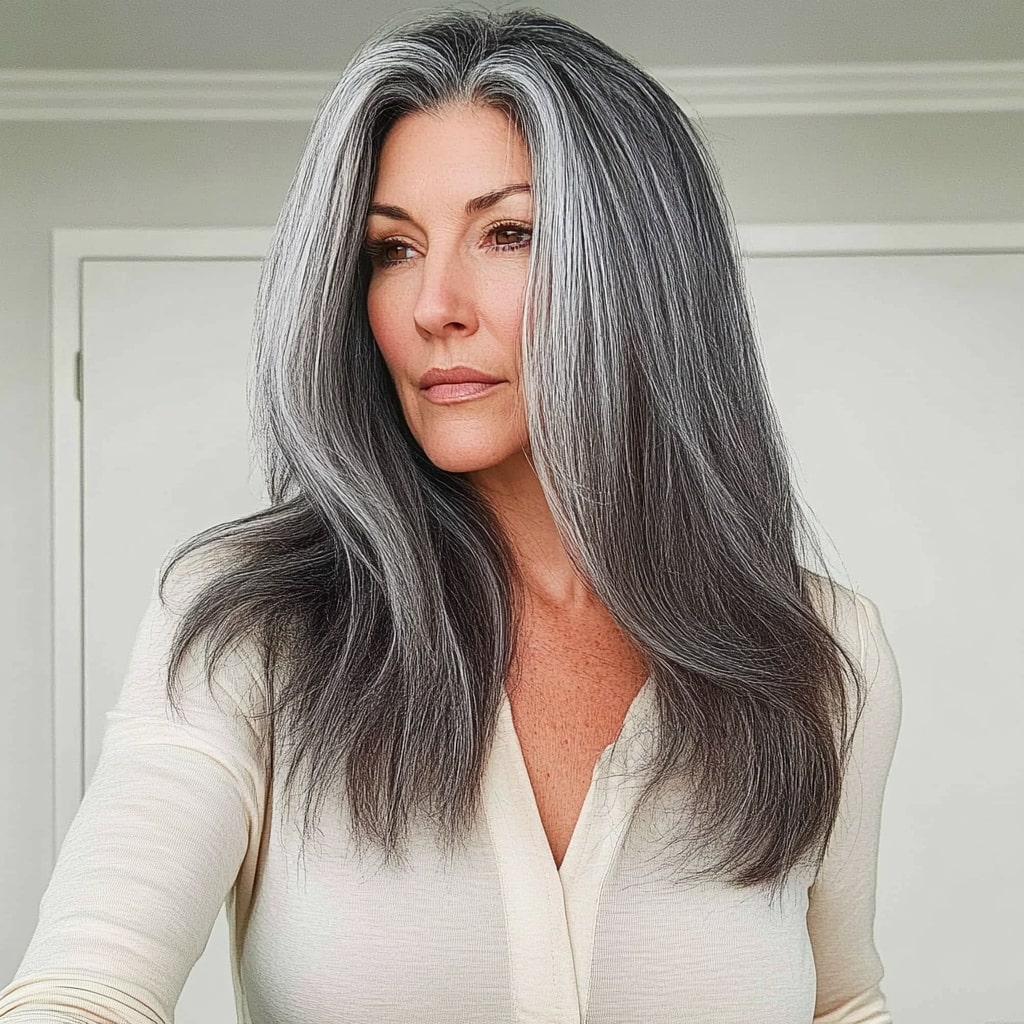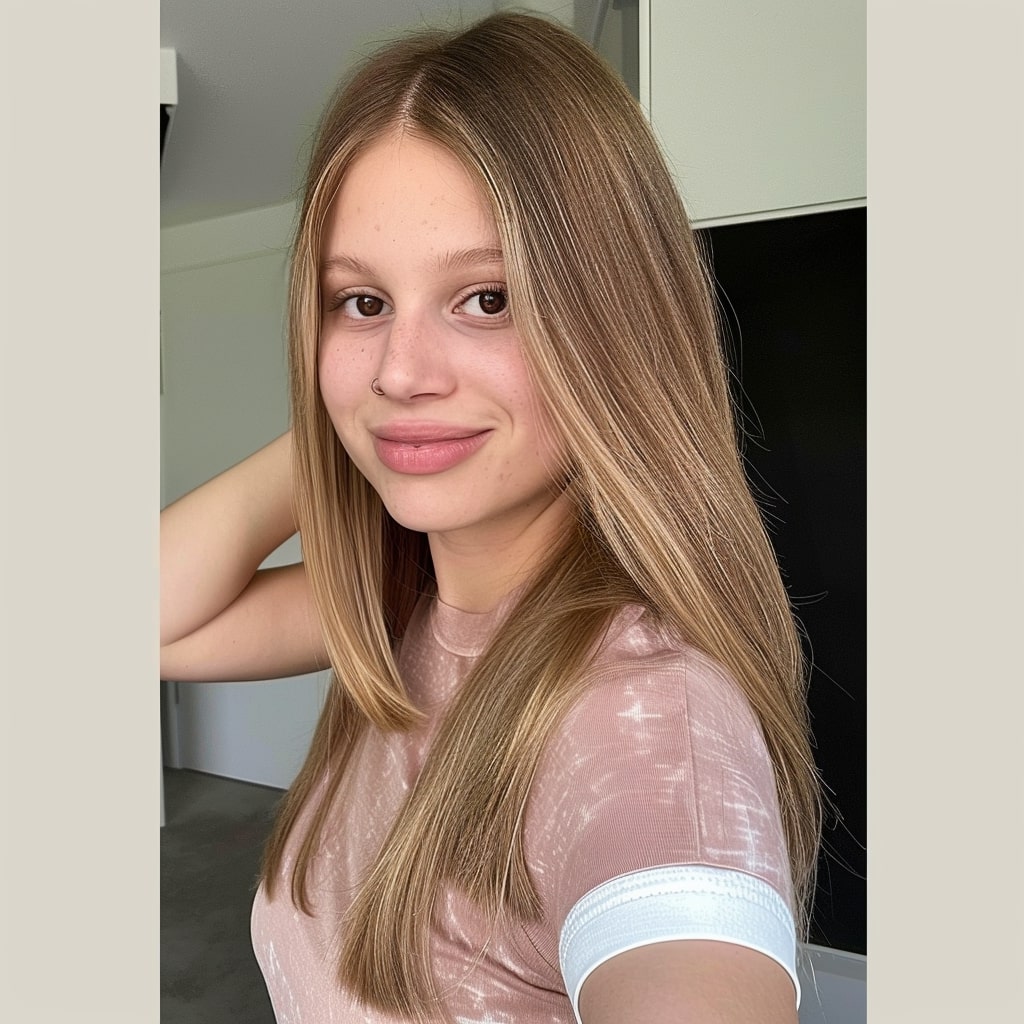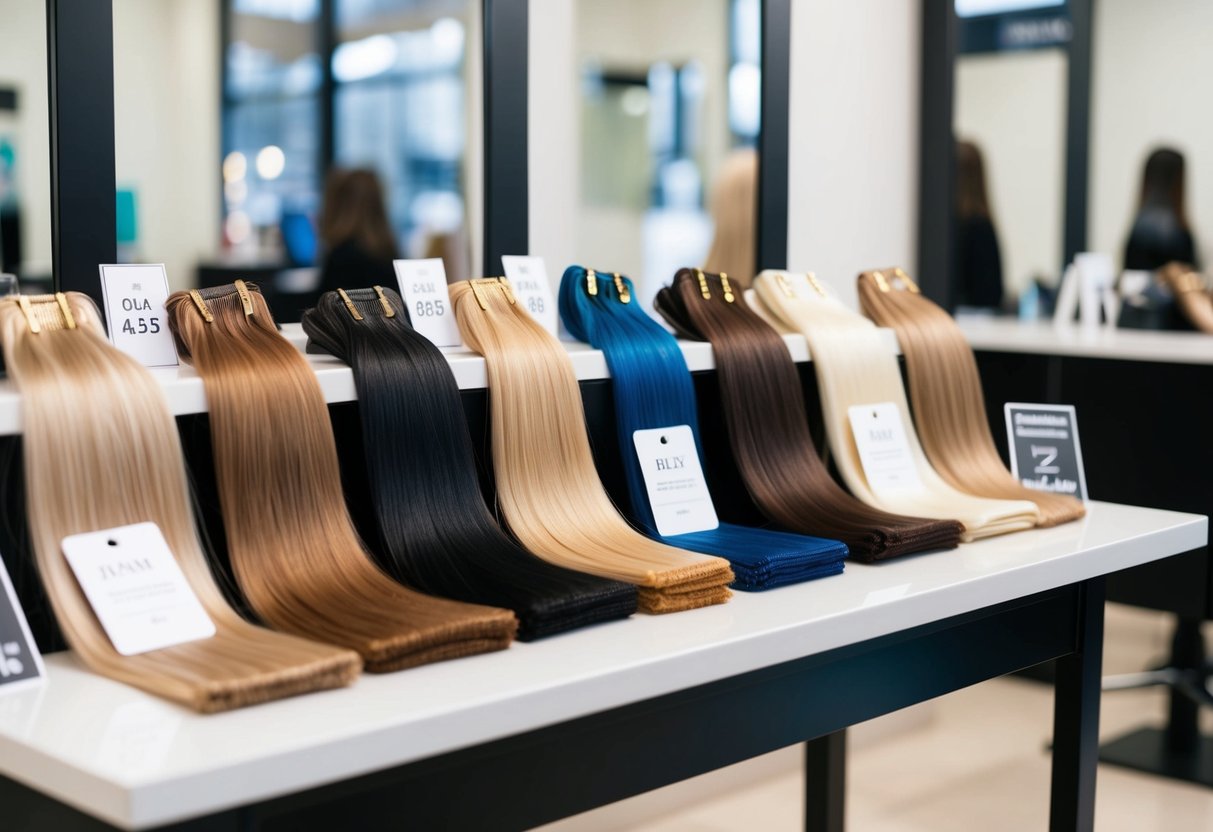Why Are My Hair Extensions Itchy: Common Causes and Solutions

Experiencing itchiness with hair extensions is a common issue for many people. This discomfort can stem from various factors like poor scalp hygiene, improper hair care routines, or even the type of extensions used. Understanding the reasons behind the itchiness can help you take steps to prevent and treat it, ensuring a more comfortable experience.

One common cause of itchy hair extensions is poor aftercare. When people stop brushing their hair due to fear of damaging the extensions, it can lead to an accumulation of oils and sweat on the scalp. This buildup can irritate the skin and cause itching. Using sulfate-free shampoos and conditioners can help maintain the natural oils in the scalp, reducing dryness and discomfort.
Another important aspect to consider is the adjustment period for new extensions. When first fitted, extensions can cause subtle friction against the scalp, leading to irritation. Over time, the scalp may get used to the new extensions and the itching should lessen. If the discomfort persists, it might be useful to consult with a professional for personalized advice.
Key Takeaways
- Proper scalp hygiene is crucial to avoid itching from hair extensions.
- New extensions may cause temporary irritation due to friction.
- Use sulfate-free products to maintain scalp health and reduce dryness.
Understanding Hair Extension Itchiness
Hair extensions can cause itchiness due to several factors like scalp sensitivity, improper fitting, or lack of proper maintenance. Recognizing symptoms and pinpointing triggers can help alleviate discomfort.
Recognizing Common Symptoms
Itchy scalp and dry scalp are frequent complaints with hair extensions. People may feel a tingling or burning sensation, especially around the areas where extensions are attached. This discomfort might spread across the scalp if not treated.
Other symptoms include flaking skin in areas with extensions. Sensitive scalp sufferers often have a stronger reaction. Using poor-quality or irritant materials can worsen these symptoms.
Identifying Itch Triggers
Several factors can trigger itchiness in hair extensions. One major cause is bad aftercare. Many neglect brushing to avoid tugging on the extensions. This can hamper blood circulation and oil distribution, leading to dryness.
Another common trigger is improper fitting. Extensions that are too tight can irritate the scalp and make it itchy. Material quality is crucial—natural hair extensions generally cause fewer issues than synthetic ones.
Ensuring proper cleaning, brushing, and fitting are essential steps to avoid itchy hair extensions. Regular upkeep can make a significant difference in comfort and overall hair health.
Causes of Itchiness in Hair Extensions
Itchy hair extensions can result from several factors including improper installation, allergic reactions, and hygiene issues. Addressing these causes can help alleviate discomfort and promote a healthier scalp.
Improper Installation and Pressure
Improper installation of hair extensions can cause significant discomfort. If extensions are fitted too tightly, the tension on the scalp can lead to itchiness and pain.
This pressure may stem from certain attachment methods like metal beads or tight braids. Prolonged stress on the scalp can also result in hair breakage and stress-related scalp issues.
Ensuring extensions are applied correctly and not too tight is essential to preventing these problems. Regular maintenance and adjustments can also help reduce tension.
Allergic Reactions and Material Sensitivity
Some individuals might experience allergic reactions or material sensitivity due to the components used in hair extensions. Certain adhesives, metals, or synthetic materials can trigger allergies.
Symptoms of an allergic reaction include redness, itchiness, and swelling. Sensitive scalps may react to these materials, leading to discomfort.
Using hypoallergenic products or natural hair extensions can minimize these reactions. Patch tests before full installation can help identify potential allergens.
Buildup and Hygiene Factors
Poor hygiene practices can lead to buildup on the scalp, causing itchiness. Sweat, dirt, and bacteria can accumulate, leading to scalp issues like dandruff and infections.
Regular washing with suitable shampoos can help keep the scalp clean. It's also important to thoroughly rinse out any products.
Neglecting aftercare routines can exacerbate the problem. Keeping extensions and the scalp clean is crucial to prevent itchiness and other related issues.
Hair Extension Maintenance and Hygiene
Proper maintenance and hygiene of hair extensions are crucial to avoid itching and ensure they last longer. This includes washing them properly, using appropriate hair care products, and following a consistent aftercare routine.
Proper Washing and Shampooing Techniques
Washing hair extensions correctly helps manage cleanliness and prevents buildup. Use a gentle shampoo, ideally sulfate-free, to avoid stripping the hair of natural oils. Rinse the extensions in lukewarm water and apply shampoo from the mid-length to the ends, avoiding the scalp area where the extensions are attached.
After shampooing, use a light conditioner to keep the hair hydrated. Avoid any products that contain oils near the roots, as they can loosen the bonds. Rinse thoroughly to remove any residue, and gently pat dry with a towel. Let the extensions air dry when possible to minimize heat damage.
Choosing the Right Hair Care Products
Selecting the right hair care products is essential for maintaining hair extensions. Opt for shampoos and conditioners that are designed for sensitive scalps and free from harsh chemicals. Look for products labeled as nourishing or moisturizing to prevent dryness and maintain the softness of the extensions.
A clarifying shampoo can be used occasionally to remove product buildup, but it should not be used frequently as it can be drying. Dry shampoo can be a good option between washes to keep the hair looking fresh without frequent washing. Always read the labels and choose products recommended by dermatologists for the best results.
Regular Aftercare Routine
A regular aftercare routine will keep hair extensions in optimal condition. Brush hair extensions gently with a soft-bristle brush to prevent tangles and distribute natural oils. It's advisable to tie the hair in a loose braid or ponytail before sleeping to avoid friction and tangling.
Keeping the extensions clean and well-stored when not in use is essential. Store them in an air-tight container to avoid exposure to moisture and potential mold growth. Make regular appointments with a hairstylist to check and adjust the extensions as needed. This will help to maintain the fit and ensure they do not cause discomfort or itching.
Optimizing Comfort with Hair Extensions
To achieve comfort with hair extensions, it's important to choose the right type and weight, consider scalp health, and ensure proper fitting and weight distribution.
Selecting the Right Extension Type and Weight
Choosing the right hair extensions is crucial for comfort. Lightweight extensions can reduce discomfort. They add volume and length without causing too much weight on the scalp.
Extensions made from natural materials or those with keratin tips often feel more comfortable. Synthetic hair may cause itching due to artificial fibers. Using well-made, natural hair extensions can reduce irritation.
Clip-in extensions might be preferable for beginners as they are easy to apply and remove. For those with more experience, tape-in or micro-ring extensions can offer a more permanent solution.
Addressing Scalp Sensitivity and Health
Scalp sensitivity requires special attention when using hair extensions. People with sensitive scalps should avoid too much pressure when applying extensions. Regularly checking the scalp and hair for any signs of irritation or damage is important for maintaining healthy hair.
Using products designed for sensitive scalps can also help. Hypoallergenic shampoos and conditioners are less likely to cause reactions. Keeping the scalp clean and moisturized can reduce itching.
It's also a good idea to give the scalp breaks from extensions to avoid prolonged pressure and allow the scalp to recover.
Proper Fitting and Weight Distribution
Proper fitting is key to avoiding discomfort with hair extensions. Extensions need to be fitted correctly to prevent putting too much weight on one part of the scalp. Incorrect fitting can lead to pressure points and itching.
Distribution of weight is essential. Extensions should be applied in a way that follows the natural direction of hair growth. This helps in reducing strain on hair follicles.
Regular adjustments and maintenance ensure that extensions remain comfortable. Visiting a professional stylist can make a big difference in ensuring the process is done correctly. They can also give advice on how to maintain comfort.
When to Consult a Professional
If your scalp issues persist or worsen, it's important to get professional help. They can offer tailored advice and treatment to address specific problems.
Persistent Itchiness and Skin Issues
If the itchiness from your hair extensions doesn’t go away after a few days, it might be time to see a dermatologist. Skin redness, swelling, and flaking are signs of inflammation or an allergic reaction to the extensions or adhesive.
People who use micro bead hair extensions may also face similar problems. Itching from these extensions could mean improper installation or a reaction to the beads themselves. A professional can determine the exact cause and provide an effective solution. Persistent itchiness that spreads beyond the attachment area is another sign that professional help is needed.
Expert Tips for Individual Concerns
For specific concerns, like allergies or scalp sensitivity, a dermatologist can offer advice on managing these issues while using hair extensions. They may suggest switching to natural hair extensions or human hair extensions, which are often less irritating.
A professional can also guide you on proper aftercare to prevent future problems. This includes how to brush and wash your hair without damaging the extensions or irritating your scalp. Tailored advice from a professional ensures you get the best results, minimizing discomfort and maximizing the durability of your extensions.
Frequently Asked Questions

Hair extensions can sometimes cause discomfort, such as itching. Below are common questions and answers to help you address these issues effectively.
How can I relieve itching caused by hair extensions?
To reduce itching, keep your scalp clean and moisturized. Use a sulfate-free shampoo and avoid scratching. Applying a soothing scalp treatment or natural oils can also help.
What causes hair extensions to become itchy at night?
Itching at night can be due to friction between your scalp and pillow. Wearing a silk or satin scarf and changing your pillowcase to a smoother fabric can minimize this irritation.
Is there a recommended shampoo for itchy hair extensions?
Look for a sulfate-free shampoo. Sulfates can strip natural oils from your scalp, leading to dryness and itching. Opt for gentle, hydrating shampoos specifically designed for use with extensions.
Can washing my hair extensions cause them to itch?
Yes, improper washing can lead to product buildup or dryness, causing itchiness. Ensure you're using the right products and techniques to keep your extensions and scalp clean.
Why is my scalp itchy underneath my hair extensions?
Itching underneath extensions can occur as your scalp adjusts to the new weight and tension. Keeping your scalp clean and moisturized can alleviate this discomfort.
Could I be having an allergic reaction to my hair extensions?
Yes, some individuals may be allergic to the adhesives or materials used in hair extensions. If you experience severe itching or other symptoms like redness and swelling, consult a professional.

 My Store Credit
My Store Credit
 Buy Again
Buy Again
